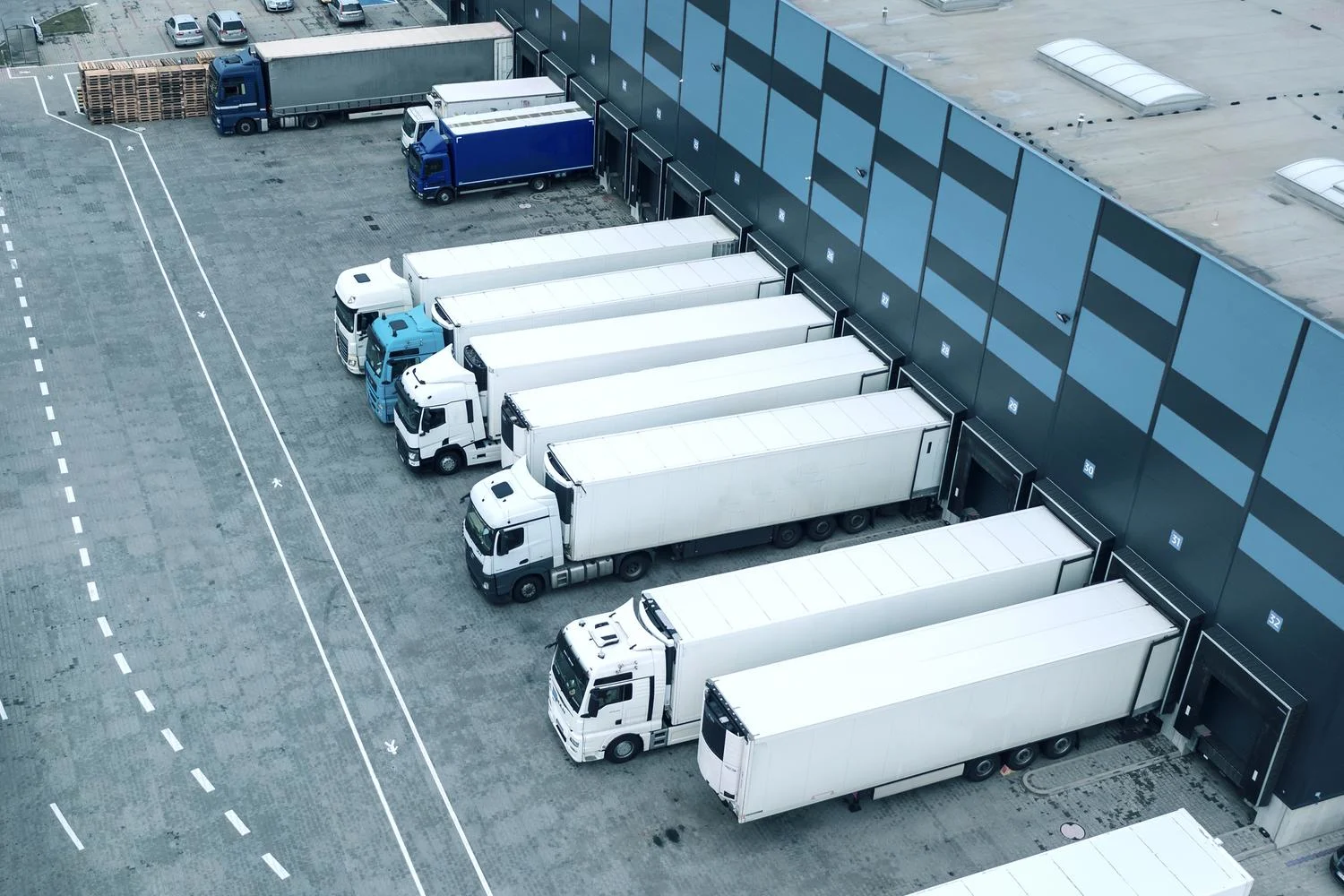
Transportation
4 minute read
Transport companies engage customers with sustainability
Customers increasingly value corporations committing to sustainable action to fight climate change. Even though transport and logistics is considered a more traditional industry, it has taken concrete actions to join the fight. We are seeing a lot of new innovations in the field, which proves that companies can move forward quickly when needed and meet customer demand.
Global trends in the transport sector indicate that transport and logistics companies are now actively seeking to reduce greenhouse gas emissions created by their fleets. Many of the world's largest logistics companies have pushed sustainability targets into the very core of their strategy.
Customer demand is driving the change
Just as in other markets, both consumer and business customers actively seek proof that transportation and logistics companies take action and make more sustainable choices.
Their customers appreciate and, in some cases, even demand evidence of sustainable actions. In fact, customer demand is a big driver of the change towards a more sustainable attitude in the transportation industry. Especially solutions that can help reduce impact on climate are getting more popular.
“Demand for more sustainable choices is increasing across the industry.”
The environmental impact of transportation is important to the end customer. According to IPC Cross-border e-Commerce Shopping Survey (2018), up to 47% of e-commerce customers would like a carbon-neutral delivery for products they order online.
Fuel costs can be cut by optimising fuel use
Transportation companies are starting to offer more and more climate conscious choices, as they want to lead the way in reducing emissions in logistics. The potential for cost savings in reducing emissions is clearly understood across the transportation industry.
Many transportation companies have already switched into alternative renewable fuels and are cutting their operative costs by optimizing energy or fuel consumption, reducing waste or embracing circular economy.
Typical sustainable choices include reducing fuel consumption by anticipatory driving or load optimization, for example. Various new technologies and low-emission transport equipment are also stirring interest in transport operators as a means to reduce emissions.
Transport companies are keen on using alternative fuels
The transport industry is finding effective ways to reduce emissions. The most typical first step is probably load and driving optimization combined with the introduction of alternative fuels. All the alternatives are beneficial for the climate, but renewable diesel is usually the fastest way.
“62% of Finnish transport companies are interested in reducing emissions by using renewable diesel or biodiesel.”
Bio-based fuels, such as renewable diesel or biodiesel, does not require any changes or conversion of the fleet. Hence, it seems to be the most interesting alternative fuels for the transport industry. Up to 62% of Finnish transport companies stated that they were interested in reducing emissions by using renewable diesel or biodiesel.
Gas and electricity also raise some interest (SKAL Transport Barometer 1/2019) but remain less popular as they typically require some changes or conversion of the fleet.
Making better choices for residents by reducing public transport emissions
Cities and municipalities are also becoming more aware of the importance of reducing carbon emissions in transport.
For example, in Oakland, California, urban waste is recycled to produce Neste MY Renewable Diesel. Neste and the City of Oakland's circular economy concept reduce both the amount of waste generated in the city and the emissions from the city's public transport.
As a result, the quality of air breathed by city dwellers also improves. In addition, the pattern of cooperation between Neste and Oakland creates local jobs in waste management.
Let your customers choose more sustainable journeys
Transport and logistics companies have so far come up with a variety of ways to allow their customers to have some control over the sustainability of the service they are buying.
For example, the passengers of a Finnish long-distance bus company Savonlinja can opt for a lower-emission journey by paying a surcharge in addition to the ticket price.
“Make your customers feel they have actively contributed to your company’s quest to make the world a better place.”
Savonlinja will use the money collected through the Green Travel service to reduce its greenhouse gas emissions by fuelling its buses with Neste MY Renewable Diesel™, which reduces their greenhouse gas emissions by an average of 90% compared to fossil diesel.




